Intel engineers have solved the quality control challenge for mass production of quantum computers.



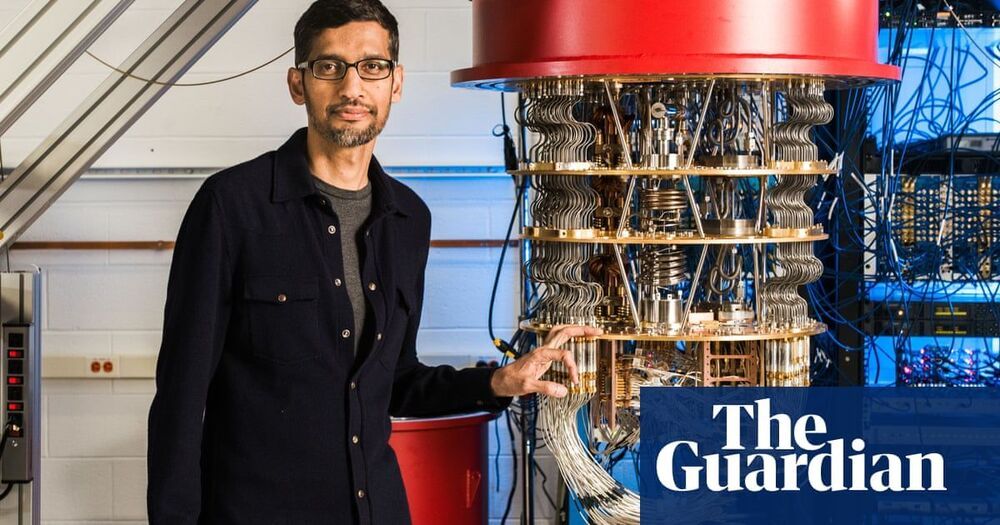
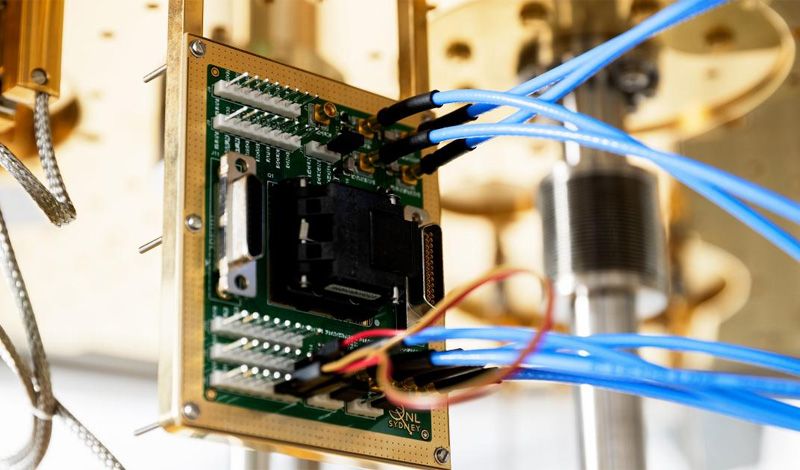

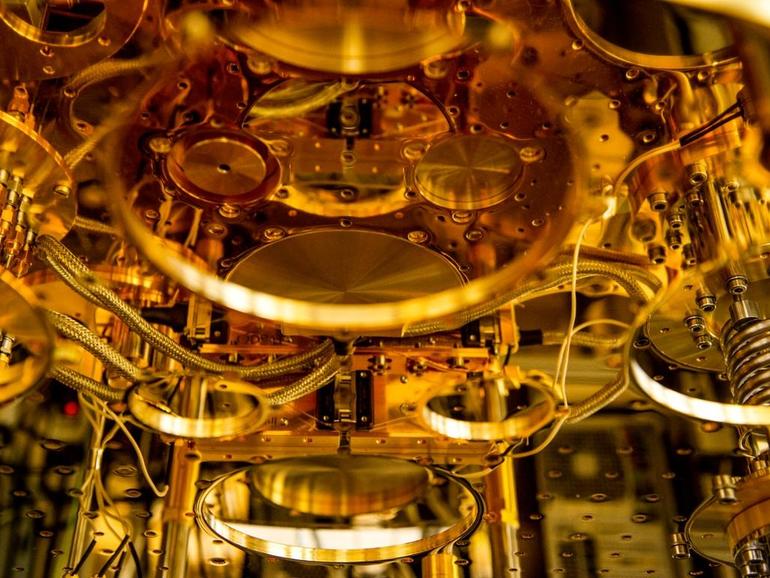
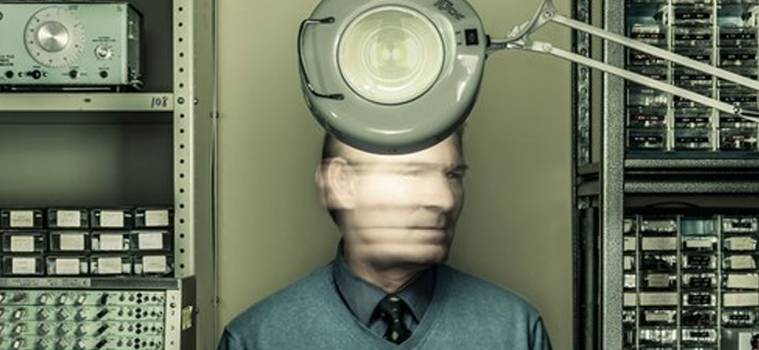
“A famous neurologist Phil Kennedy made global headlines in the late 1990s for implanting wire electrodes in the brain of a ‘locked-in patient’ to control a computer cursor with their mind. Compared to Alexander Graham Bell in The Washington Post, Kennedy became known as ‘The Father of the Cyborgs’. Travelling to South America in 2014, he made further headlines when tiny electrodes were implanted inside his brain in order to continue his research. This film examines the ethical quandaries of self-experimentation and a future where technology and human brains combine.”
Screen Ireland/Fís Éireann is the development agency for the Irish Film Industry investing in talent, creativity and enterprise.

The “Flesh Without Blood” singer put a timeline on the plans, stating: “Let’s aim for chips by 2022. It’s experimental surgery but if it succeeds we’ll have the knowledge of the Gods haha.”
Lil Uzi agreed, writing: “Okay!!! I will call u for more detail.”
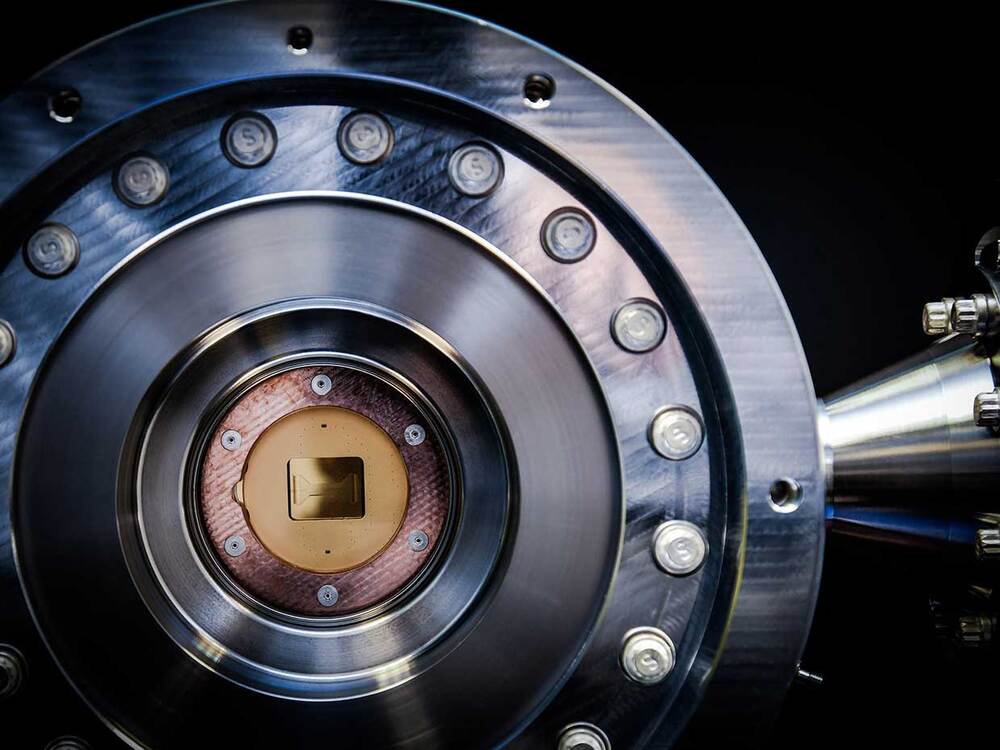
O., o circa 2020.
Last week, Honeywell’s Quantum Solutions division released its first commercial quantum computer: a system based on trapped ions comprising 10 qubits. The H1, as it’s called, is actually the same ion trap chip the company debuted as a prototype, but with four additional ions. The company revealed a roadmap that it says will rapidly lead to much more powerful quantum computers. Separately, a competitor in ion-trap quantum computing, Maryland-based startup IonQ, unveiled a 32-qubit ion computer last month.
